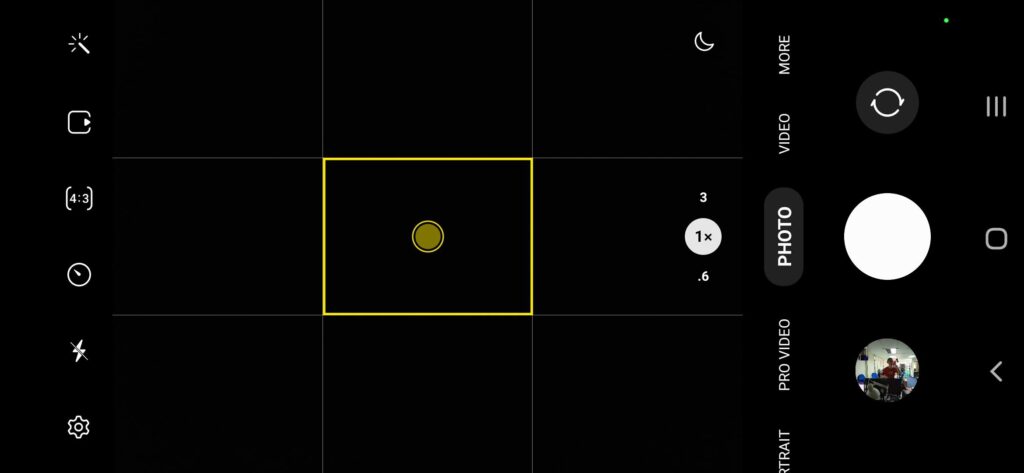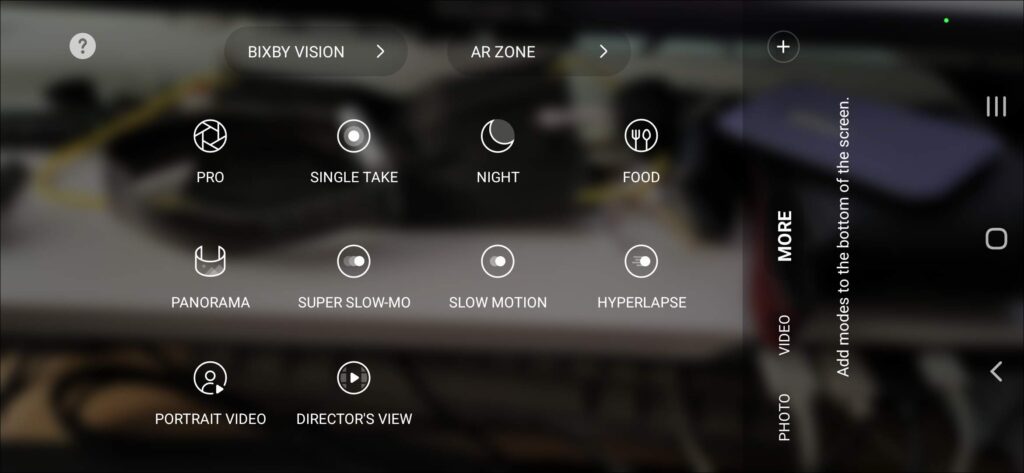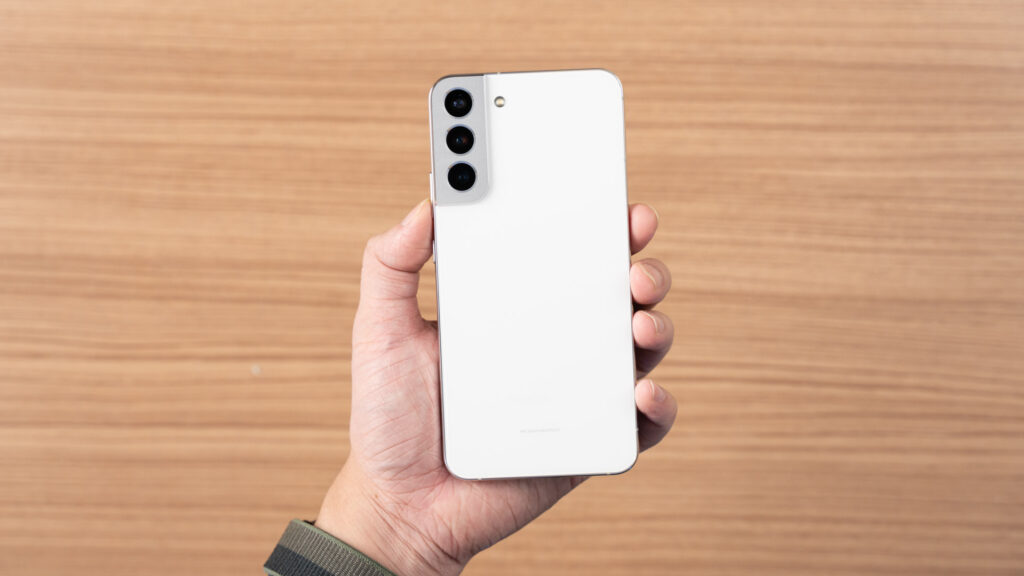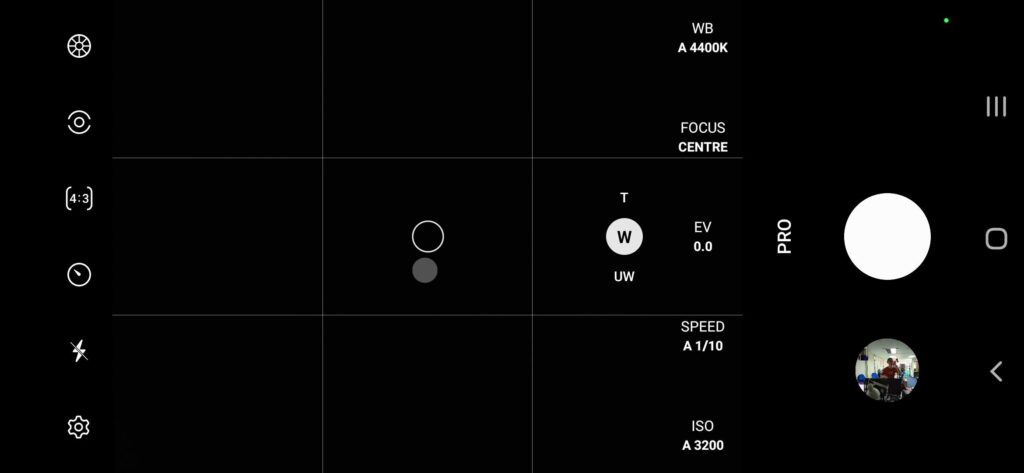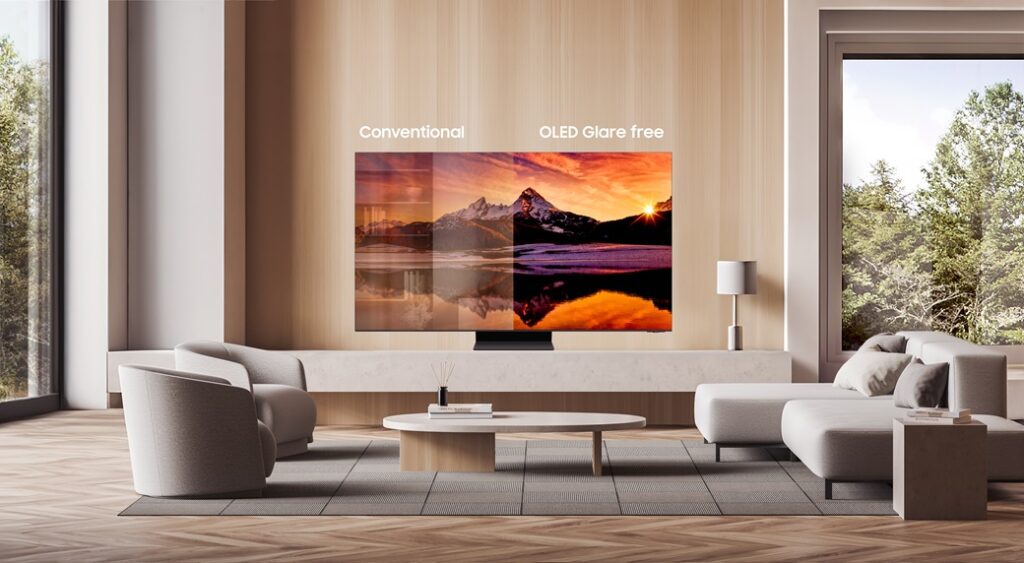My Top 5 Mobile Photography Tips feat. Samsung Galaxy S22 Plus
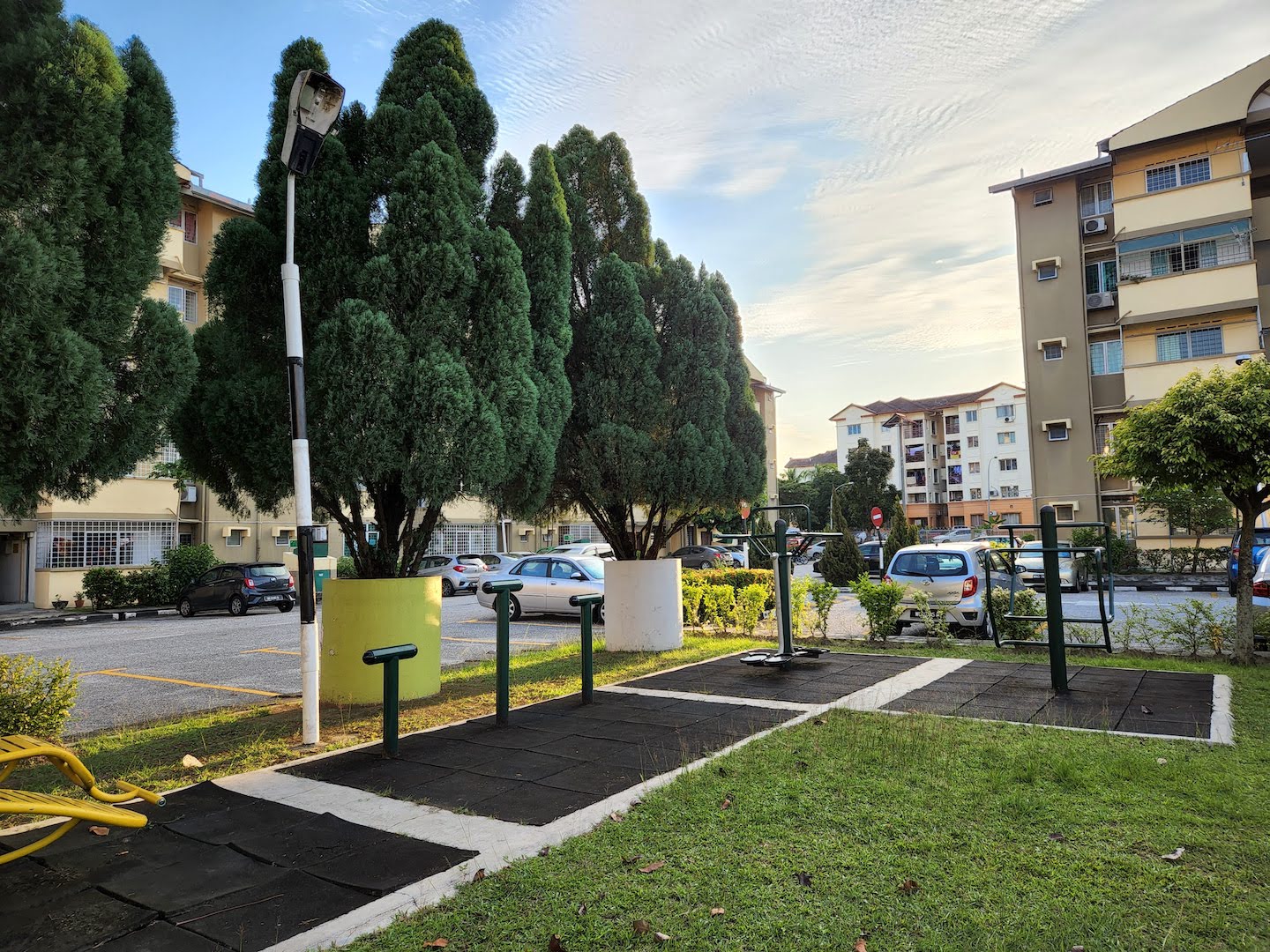
I’ve been an avid hobbyist photographer for many years. It all started with a compact camera that I would bring around with me to the campus. It was the time when compact professional cameras took the photography enthusiast community by storm. You no longer need to lug a bulky DSLR to take great-looking photos.
A decade later, the compact camera segment got wiped out after the smartphone industry revolutionised mobile photography. Now, everyone brings a smartphone with them and the best camera they got is the one they have on hand. Taking a quick snap is quicker and thanks to computational photography, the camera itself is capable of helping novice users at taking stunning looking photos.
Today, I will be sharing my top 5 mobile photography tips to help you take better-looking photos. The phone I will be using is the Samsung Galaxy S22 Plus. Do check out the review if you’re interested to learn more.
Tip 1 – Familiar Yourself with the Camera Interface
This is the basics of the basics, you need to understand what the camera is capable of and where the buttons are located. While some users will only need to know how to press the shutter button, however, it takes more than that if you want to be able to take great-looking photos.Go into the sub-menu and experiment with each and every different setting. Perhaps you will find out some customisation that would fit your shooting habit.
A clean user interface allows an uninterrupted and focused user experience. Most of the important controls such as mode change and configurations are just a touch away. It means you will spend less time trying to figure out how to adjust the camera and focus on capturing that special moment.
Tip 2 – Use The Built-in Mode Presets & Computational Photography
The computational photography revolution allows the camera to take up most of the “thinking” job.

This is an excellent feature for most photography beginners. Image recognition allows the camera to understand what you’re trying to photograph, hence it will automatically adjust the settings to better fit the scenario. For example, when you’re shooting in a low light situation, the camera will detect and increase the sensor’s sensitivity (ISO) and shutter speed to increase the brightness.
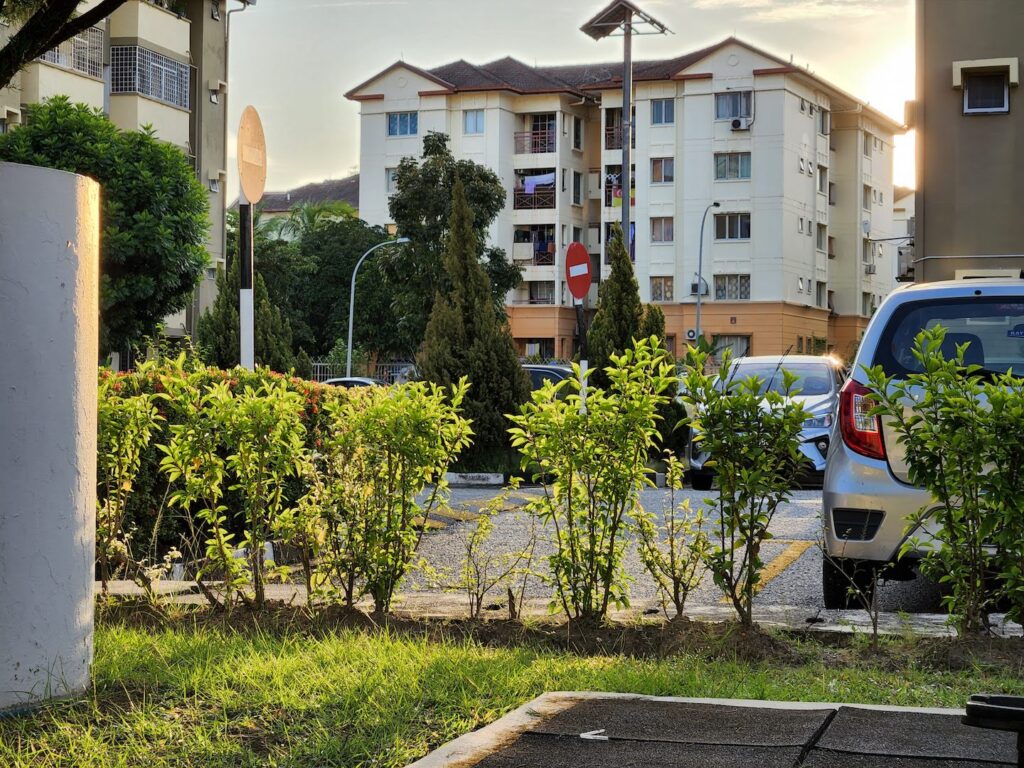
Tip 3 – Understand The Different Lenses
While DSLR and mirrorless cameras have the advantage of swapping lenses, smartphones will have to rely on multiple individual cameras to achieve the same purpose. That’s why we’re getting more and more smartphones with a multi-camera setup.
The Samsung Galaxy S22 Plus triple camera covers all the basic requirements one might need – a standard lens, an ultra-wide lens and a 3x optical telephoto lens. Each of them has its own uses, such as the standard lens is great for general point and shoot, the ultra-wide lens is perfect for landscape shots and the telephoto lens is the best choice for taking detailed or portrait shots.
Here’s a simple demonstration of how the three lenses differ when shooting portrait (feat. my cat)



Those is an excellent shot whereby you can use a background remover app to extract the high resolution cat head from the photo.
Landscape and home interior shots

Tip 4 – Try the Pro Mode
If you’re feeling adventurous after getting yourself familiarised with most of the camera features, you can always switch to the Pro mode and gain full control over the camera. In this mode, you can change the ISO, shutter speed, exposure value, white balance and even the focus control.
While this mode is not as easy to manage especially if you’re trying to capture fast-paced actions, then again, the ability to fully control the camera capture settings makes it a valuable asset for creative minds.
Tip 5 – Don’t Be Afraid to be Creative
Last but not least, photography is all about being creative and not being afraid to experiment with different shooting styles. While a camera is just a tool to help you take great photos, then again, there’s no denying that good camera hardware and software can improve the shooting experience. What comes after having a good tool is continuous practice and learning.
On top of that, you can always utilise any image processing software such as Adobe Lightroom or Adobe Photoshop to further edit the photo to your liking. Remember, photography is a type of self-expression and story-telling.

